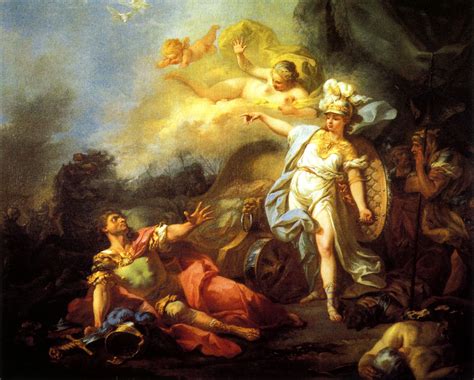古代欧洲文学作品
欧洲古 The Significance of Ancient European Literature
Ancient European literature holds immense significance in understanding the cultural, social, and historical fabric of Europe. Here are several key points that highlight its importance:
1. Cultural Heritage Preservation:
Ancient European literature serves as a repository of cultural heritage, preserving myths, legends, folktales, and religious beliefs of various civilizations such as Greek, Roman, Celtic, and Norse. These literary works provide insights into the values, customs, and traditions of ancient societies.
2. Literary Influence:
Many works of ancient European literature have had a profound impact on subsequent literary movements and genres. For example, the epic poems "The Iliad" and "The Odyssey" attributed to Homer laid the foundation for epic poetry and narrative storytelling in Western literature.
3. Philosophical and Intellectual Legacy:
Philosophical dialogues of Plato, plays of Sophocles, and treatises of Aristotle are not only literary achievements but also significant contributions to philosophical discourse. These works continue to influence contemporary philosophical thought and ethical principles.
4. Historical Documentation:
Ancient European literature often provides firsthand or contemporary accounts of historical events, personalities, and societal structures. For instance, Tacitus' "Annals" and "Histories" offer valuable insights into Roman history and politics during the first century AD.
5. Language and Linguistic Development:
Many ancient European texts were written in classical languages such as Greek and Latin. The study of these languages and their literary works has contributed to the development of linguistics and philology, enhancing our understanding of language evolution and structure.
6. Artistic Expression and Aesthetic Values:
Ancient European literature showcases diverse forms of artistic expression, including poetry, drama, and prose. Through vivid imagery, symbolism, and rhetorical devices, these works evoke emotional responses and convey aesthetic values transcending time and culture.

7. Identity Formation and National Consciousness:
Literary masterpieces like "The Aeneid" by Virgil played a pivotal role in shaping national identity and fostering a sense of unity among ancient civilizations. These narratives often glorified ancestral heroes and mythical origins, reinforcing collective consciousness and pride.
8. Interdisciplinary Studies:
The study of ancient European literature intersects with various academic disciplines such as history, anthropology, archaeology, and religious studies. Scholars analyze literary texts in conjunction with other sources to reconstruct past societies and interpret cultural phenomena.
9. Continuity and Adaptation:
Despite the passage of time, ancient European literature remains relevant and subject to reinterpretation. Contemporary writers, artists, and filmmakers draw inspiration from classical themes and motifs, perpetuating the legacy of ancient storytelling in modern culture.
10. Global Influence:
Ancient European literature has transcended geographical boundaries and exerted a global influence on literature and the arts. Translations, adaptations, and adaptations of classical works have made them accessible to diverse audiences worldwide, fostering crosscultural exchange and appreciation.
In conclusion, ancient European literature serves as a cornerstone of Western civilization, offering profound insights into the human condition, intellectual heritage, and cultural diversity of Europe and beyond. Its enduring significance underscores the timeless appeal and universal relevance of literary expression across generations.
版权声明
本文仅代表作者观点,不代表百度立场。
本文系作者授权百度百家发表,未经许可,不得转载。











